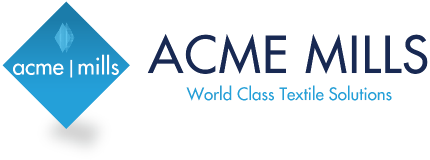Embark on a journey into the realm of technical textiles, where innovation meets industrial prowess to redefine functionality and performance across various sectors. From ancient times to the digital era, textiles have been an integral part of human existence, evolving from simple fabrics to sophisticated materials embedded with electronic chips and cutting-edge technologies. Standing at the forefront of this evolution, expertise and state-of-the-art machinery are leveraged to produce textiles tailored for specific scientific functions and industrial applications.
The historical significance of textiles, from primitive drapes to modern garments, reflects the parallel advancements in science, technology, and human civilization. In the 19th century, textile developments witnessed a transformative shift, spurred by scientific progress and technological advancements, particularly in computing. This era marked the emergence of industrial textiles, which found extensive applications in manufacturing operations, including filters, conveyor belts, electronic components, and insulation materials.
However, the scope of textiles expanded beyond traditional clothing and decorative items to encompass various industrial sectors, including medical, automotive, sports, construction, and agriculture. These applications underscored the versatility and utility of textiles beyond aesthetic considerations, leading to the emergence of terms like “Performance Textiles” and eventually “Technical Textiles.”
Technical textiles are textile materials engineered primarily for specific scientific functions and industrial applications, prioritizing functionality over aesthetics. These textiles are meticulously crafted using specialized processes and finishes to meet diverse end-user requirements. For instance, a plain weave fabric with antimicrobial properties serves as medical textiles, while the same fabric with fragrance finish caters to cloth textiles.
Categorizing technical textiles into four major groups: Mechanical, Exchange, Utility for day-to-day living, and Protective, each category addresses distinct functions, ranging from pliability and resilience to shielded protection against electrical, infrared, UV, and chemical harshness. Moreover, specialized sectors such as agrotech, buildtech, clothtech, and medtech further delineate the diverse applications of technical textiles.
Through a holistic approach, there is an aim to develop a deep understanding of the technical textile industry, emphasizing the significance of technical textile products in various facets of human life. As the Indian technical textile industry continues to progress, there remains a commitment to driving innovation and excellence in this dynamic field.
Discover more about Acme Mills here.
Photo and article with all rights reserved, courtesy of ebooks.inflibnet.ac.in.
